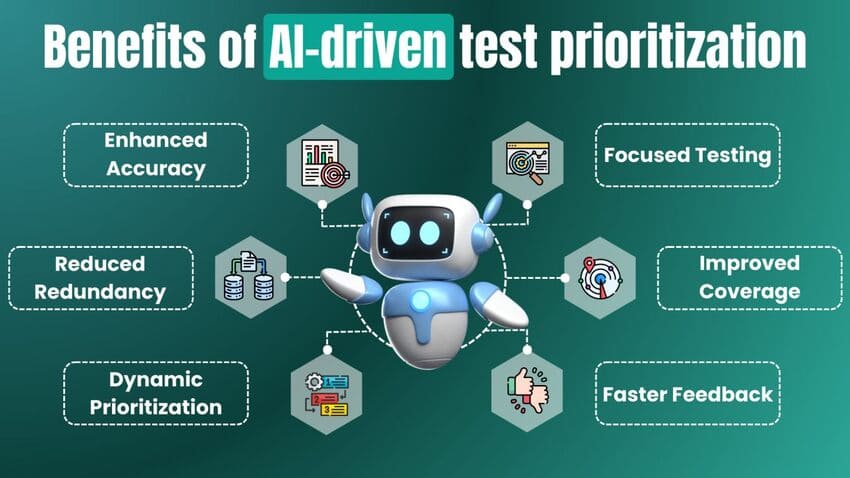
Hospital Administration
Hospital administrators are individuals or groups of people
who act as the central point of control within hospitals. These individuals may
be previous or current clinicians, or individuals with other healthcare
backgrounds. There are two types of administrators, generalists and
specialists. Generalists are individuals who are responsible for managing or
helping to manage an entire facility. Specialists are individuals who are
responsible for the efficient and effective operations of a specific department
such as policy analysis, finance, accounting, budgeting, human resources, or
marketing.
Hospital
administration is the management of the hospital as a business. The
administration is made up of medical and health services managers -- sometimes
called health care executives and health care administrators -- and their
assistants. Administrations range in size, and the duties of the administrator
vary with the size and complexity of the hospital.
They coordinate hospital activities and formulate its
overall politices. Some administrators are in charge of hiring doctors and
other staff, performing employee evaluations and directing staff meetings. They
may also be responsible for the hospital's public relations and fundraising
programs.
The hospital administrator is typically the person who
oversees the hiring of the staff. From the janitor who sweeps the halls to the
nurses who tend to patients to the supervisors who oversee the nurses, it is
the hospital administrator who is ultimately responsible for employing
qualified people.
Administrators have the largest role in a hospital. One role is directing staff. Administrators meet with department heads to make sure hospital goals are being carried out correctly. Additionally, they control the day-to-day operations of the hospital, making sure patient care is being met in compliance with state standards and hospital policies. Administrators oversee and approve all budget and financial information for the facility and continually seek to improve procedures for patient care. They must possess strong leadership, mediator and multitasking skills to be successful.
- Healthcare research methods
- Organizational behavior and communication
- Teamwork in healthcare organizations
- Information technology in healthcare
- Healthcare economics
- Risk management
Recent Published
Submit Manuscript
To give your manuscript the best chance of publication, follow these policies and formatting guidelines.


